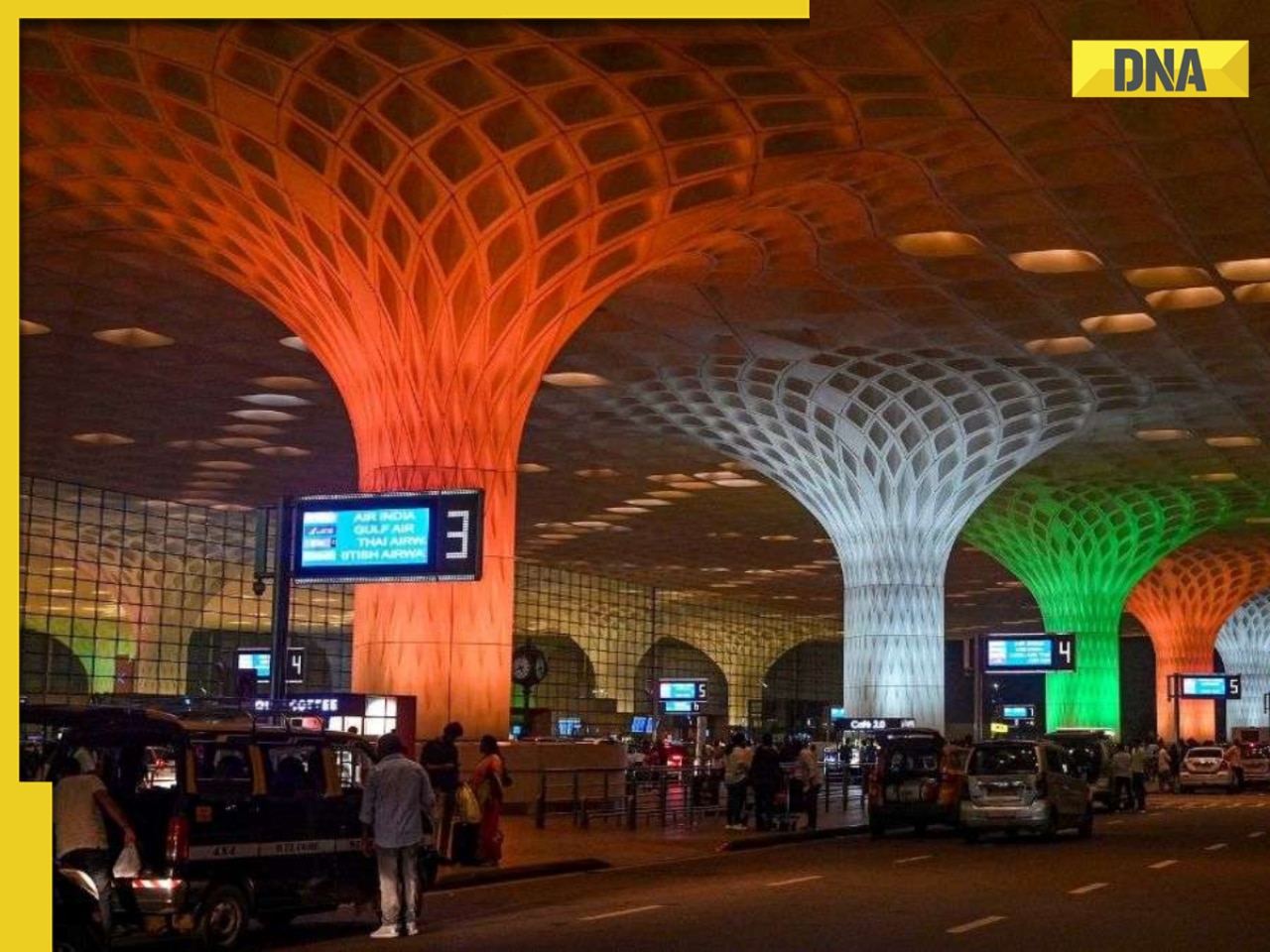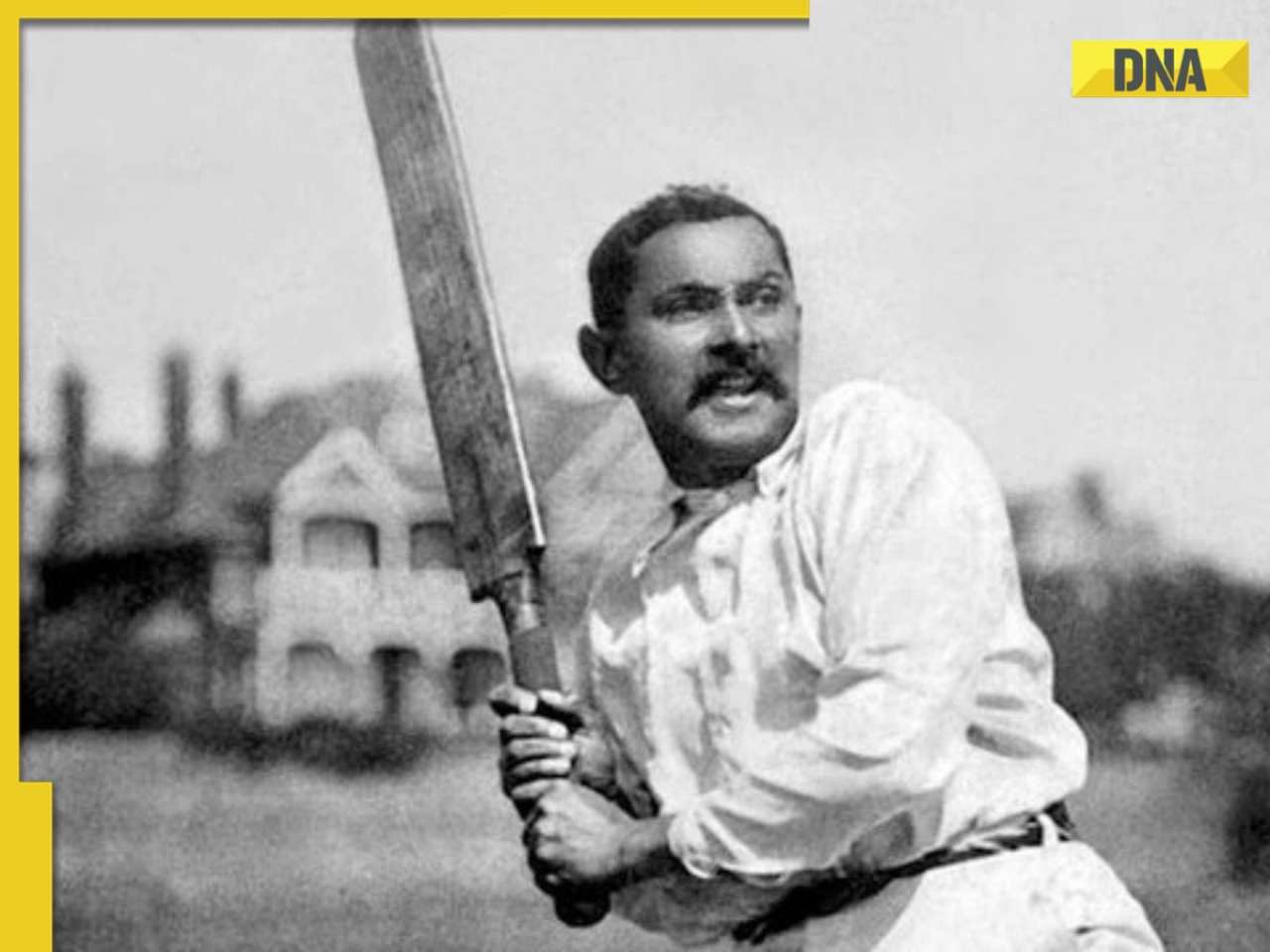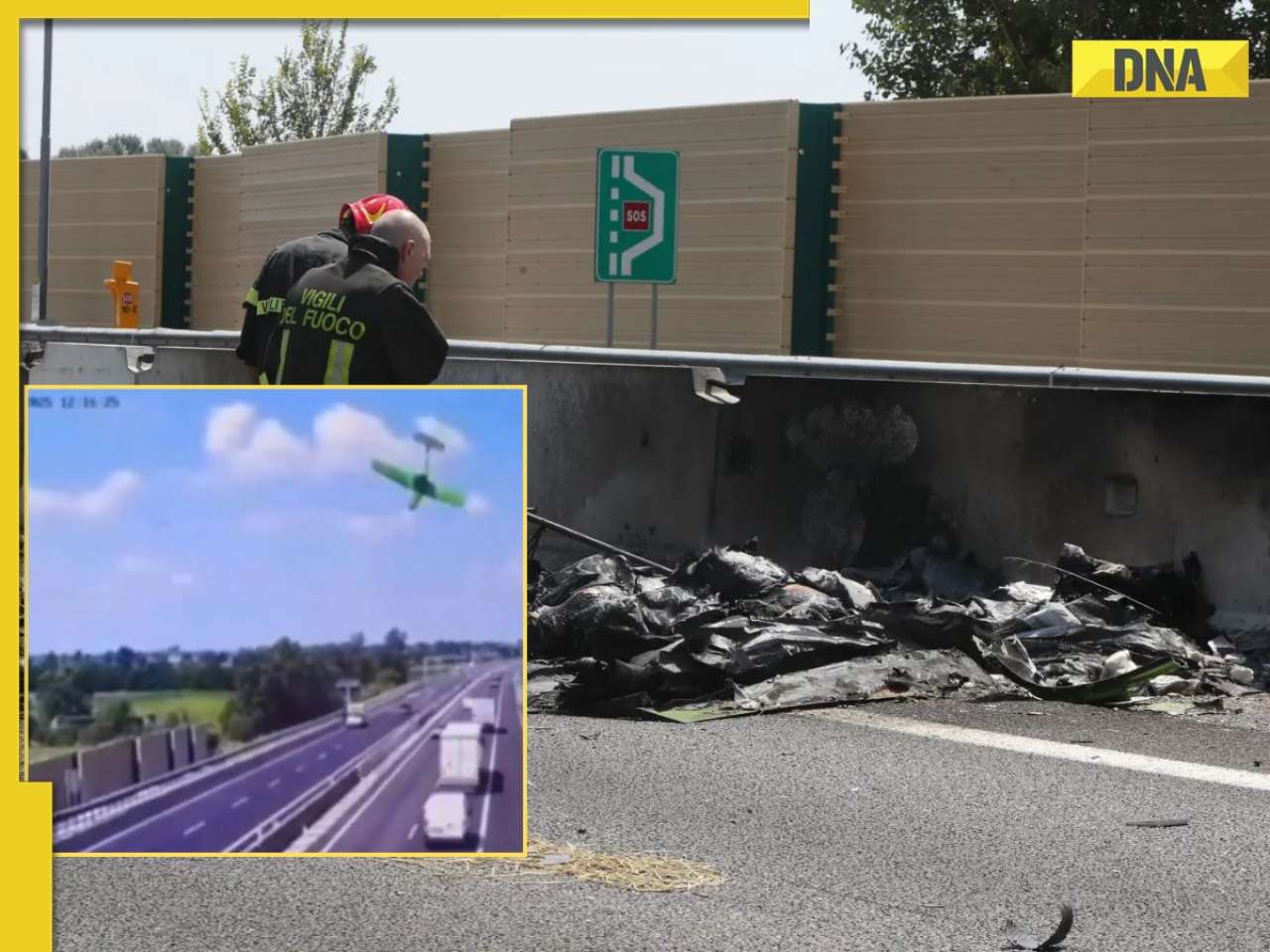The ties between the two neighbors soured after the April 22 Pahalgam attack, which had claimed 26 innocent lives. India, in retaliation, launched 'Operation Sindoor', destroying nine terror camps operating in Pakistan's Punjab province and Pak-occupied-Kashmir (PoK).
Prime Minister Narendra Modi and Pakistan Prime Minister Shehbaz Sharif
Pakistan Prime Minister Shehbaz Sharif on Wednesday stated that Islamabad is willing for a "meaningful dialogue" with India to resolve all outstanding issues. Sharif made the statement while speaking to British High Commissioner Jane Marriott, who called on the Prime Minister at the PM House, according to an official statement.
The Prime Minister expressed his appreciation for the UK’s role in de-escalation of tensions during the Pakistan-India standoff and reiterated that Pakistan was ready for a meaningful dialogue with India on all outstanding issues,” according to the statement.
'Only on the PoK issue'
While PM Shehbaz Sharif is trying to nudge India to have a dialogue on the long-standing issues, New Delhi, on the other hand, has made it clear that it will only have a dialogue with Islamabad on the return of Pakistan-occupied Kashmir and the issue of terrorism.
The ties between the two neighbors soured after the April 22 Pahalgam attack, which had claimed 26 innocent lives. India, in retaliation, launched 'Operation Sindoor', destroying nine terror camps operating in Pakistan's Punjab province and Pak-occupied-Kashmir (PoK).
Pakistan, again, directed attacks towards the Indian bordering states, including Rajasthan, Punjab, and Jammu and Kashmir, killing more than 15 people. The three-day-long hostilities ended on May 10 with a ceasefire deal between the two nations.
The untold story of betrayal
Pertinent to note that several Pakistani leaders, including PM Shehbaz Sharif and Bilawal Bhutto, have expressed their desire to have talks with India after the Pahalgam issue, but India is reluctant, especially after the horrific Pahalgam attack. Why? The reason lies in Pakistan's long list of betrayals.
Starting with the 1999 Kargil War--a few months before the war, the then Nawaz Sharif government had had talks with its Indian counterpart, the PM Atal Bihari Vajpayee-led government. However, India was stabbed in the back at the hands of its neighbour, and the Kargil war happened.
In 2001, India and Pakistan held a dialogue at the Agra Summit. It was the same year when India witnessed one of the worst terror attacks -- the 2001 Parliament attack. After this, the Mumbai 26/11 attack, Uri 2016, and Pulwama 2019 followed. This time, New Delhi remains firm in its stance -- "terror and talks can't go together".
Find your daily dose of All
Latest News including
Sports News,
Entertainment News,
Lifestyle News, explainers & more. Stay updated, Stay informed-
Follow DNA on WhatsApp. Viral video: Saiyaara star Aneet Padda gets confused while posing for paps, refuses to remove..., says 'mujhe sharm aa rahi hai'
Viral video: Saiyaara star Aneet Padda gets confused while posing for paps, refuses to remove..., says 'mujhe sharm aa rahi hai'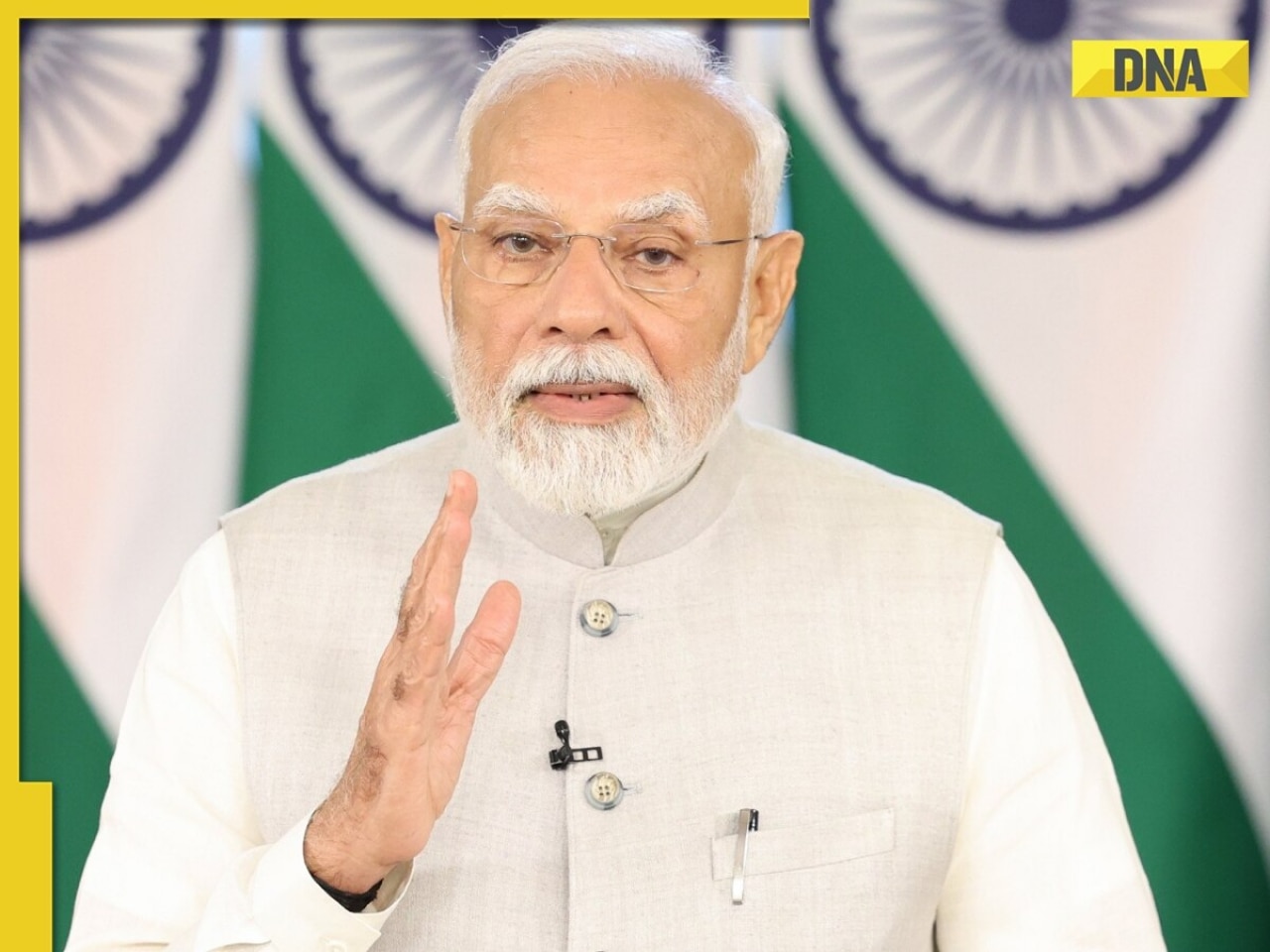 PM Modi issues BIG statement on India-UK trade deal, says, 'It shows growing trust of...'
PM Modi issues BIG statement on India-UK trade deal, says, 'It shows growing trust of...'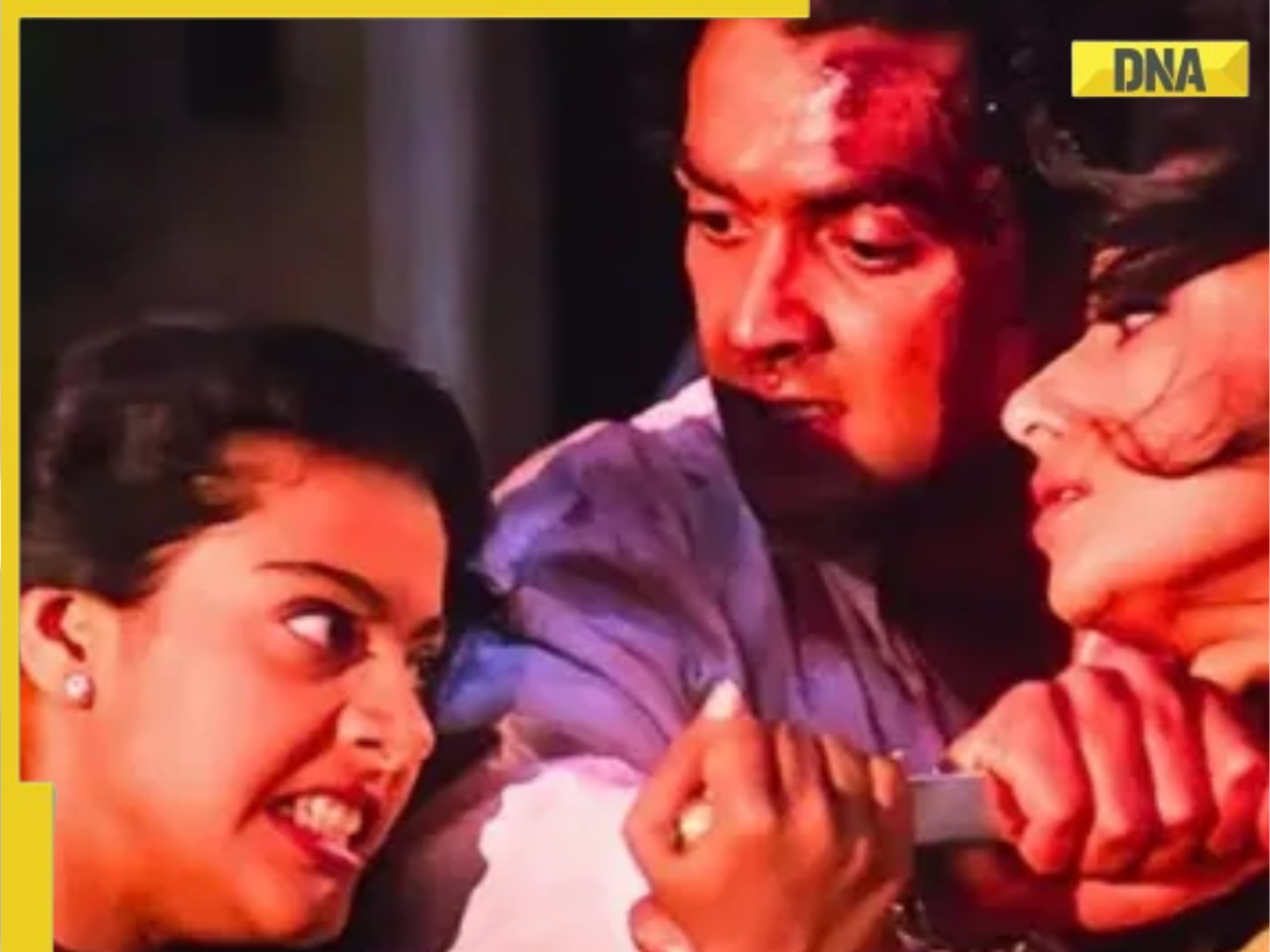 Rajiv Rai reveals this superstar scolded him for making Kajol main villain of Gupt, he asked director: 'What you have done?'
Rajiv Rai reveals this superstar scolded him for making Kajol main villain of Gupt, he asked director: 'What you have done?' SHOCKING! 1-year-old child bites cobra to death in THIS state: 'He was spotted with...'
SHOCKING! 1-year-old child bites cobra to death in THIS state: 'He was spotted with...'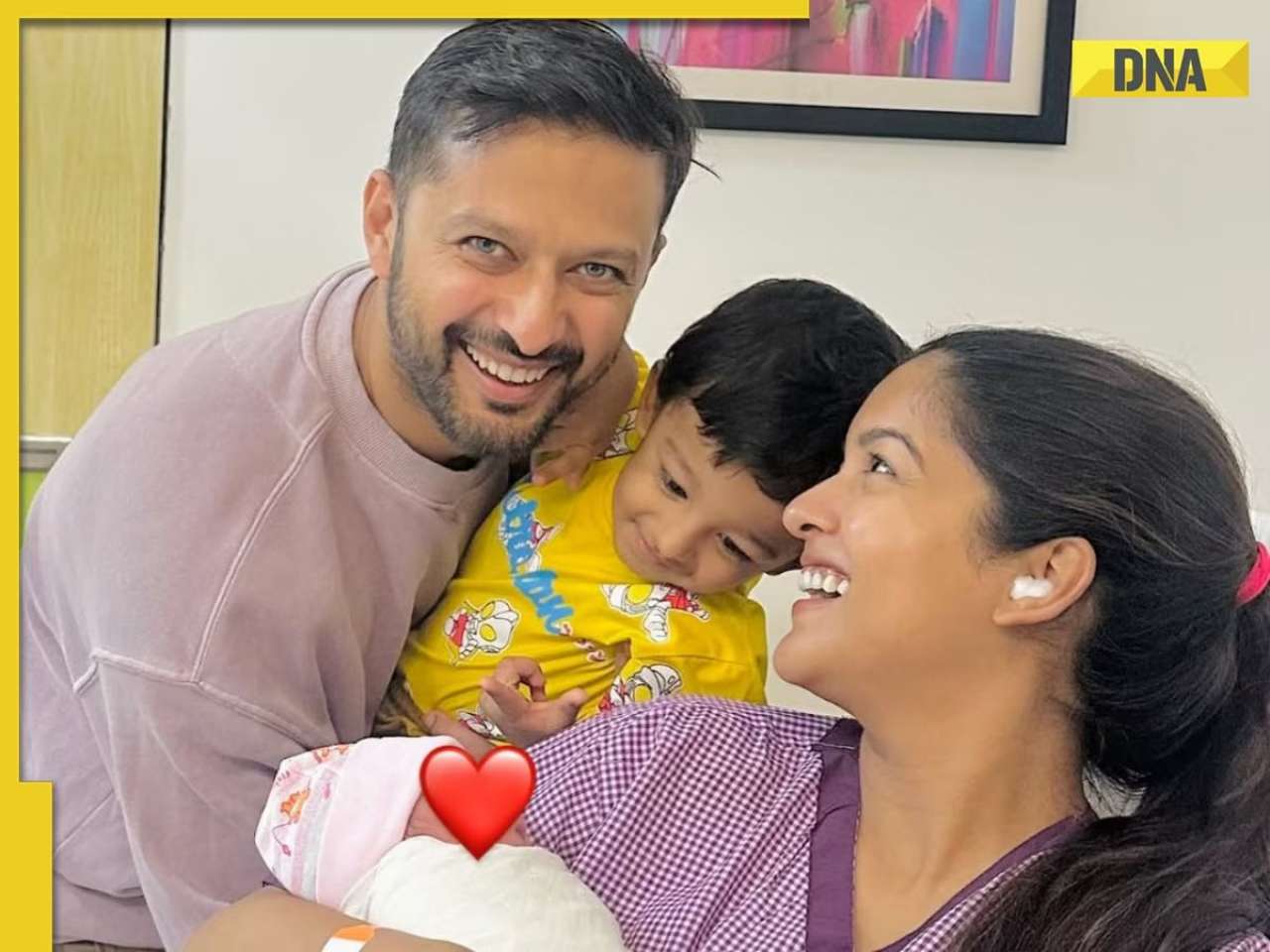 Vatsal Sheth and Ishita Dutta reveal name of their newborn baby girl, it is..., know its meaning, importance, significance
Vatsal Sheth and Ishita Dutta reveal name of their newborn baby girl, it is..., know its meaning, importance, significance Other than heart attacks or BP : 7 hidden heart conditions triggered by oily foods
Other than heart attacks or BP : 7 hidden heart conditions triggered by oily foods 7 most captivating space images captured by NASA you need to see
7 most captivating space images captured by NASA you need to see AI-remagined famous Bollywood father-son duos will leave you in splits
AI-remagined famous Bollywood father-son duos will leave you in splits 7 superfoods that boost hair growth naturally
7 superfoods that boost hair growth naturally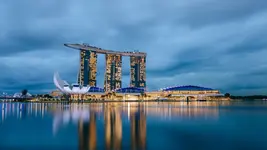 Confused between Forex and Credit cards for your international trip? Learn which saves more
Confused between Forex and Credit cards for your international trip? Learn which saves more Tata Harrier EV Review | Most Advanced Electric SUV from Tata?
Tata Harrier EV Review | Most Advanced Electric SUV from Tata?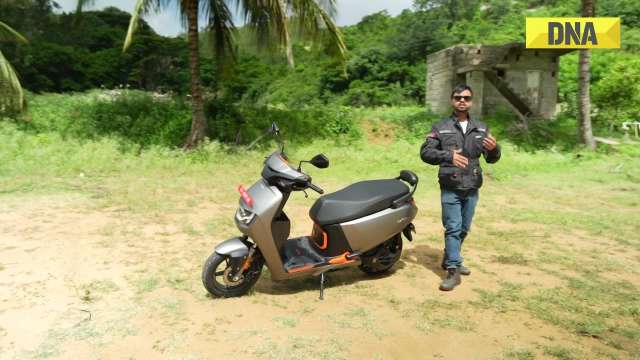 Vida VX2 Plus Electric Scooter Review: Range, Power & Real-World Ride Tested!
Vida VX2 Plus Electric Scooter Review: Range, Power & Real-World Ride Tested!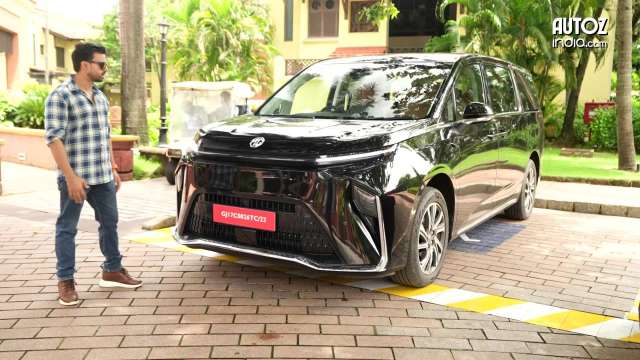 MG M9 Electric Review | Luxury EV with Jet-Style Rear Seats! Pros & Cons
MG M9 Electric Review | Luxury EV with Jet-Style Rear Seats! Pros & Cons Iphone Fold: Apple’s iPhone Fold Could Solve Samsung’s Biggest Foldable Problem | Samsung Z Fold 7
Iphone Fold: Apple’s iPhone Fold Could Solve Samsung’s Biggest Foldable Problem | Samsung Z Fold 7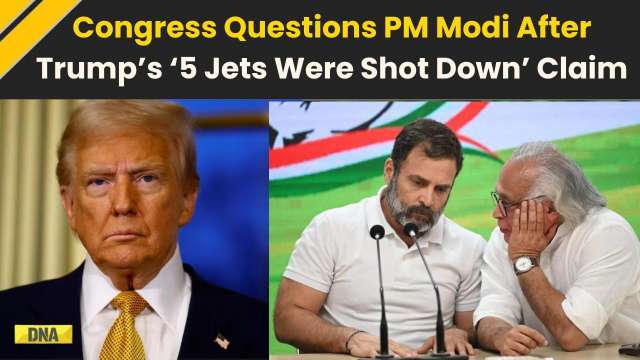 Trump News: Congress Seeks Answers On Trump's Alleged Mediation In Operation Sindoor
Trump News: Congress Seeks Answers On Trump's Alleged Mediation In Operation Sindoor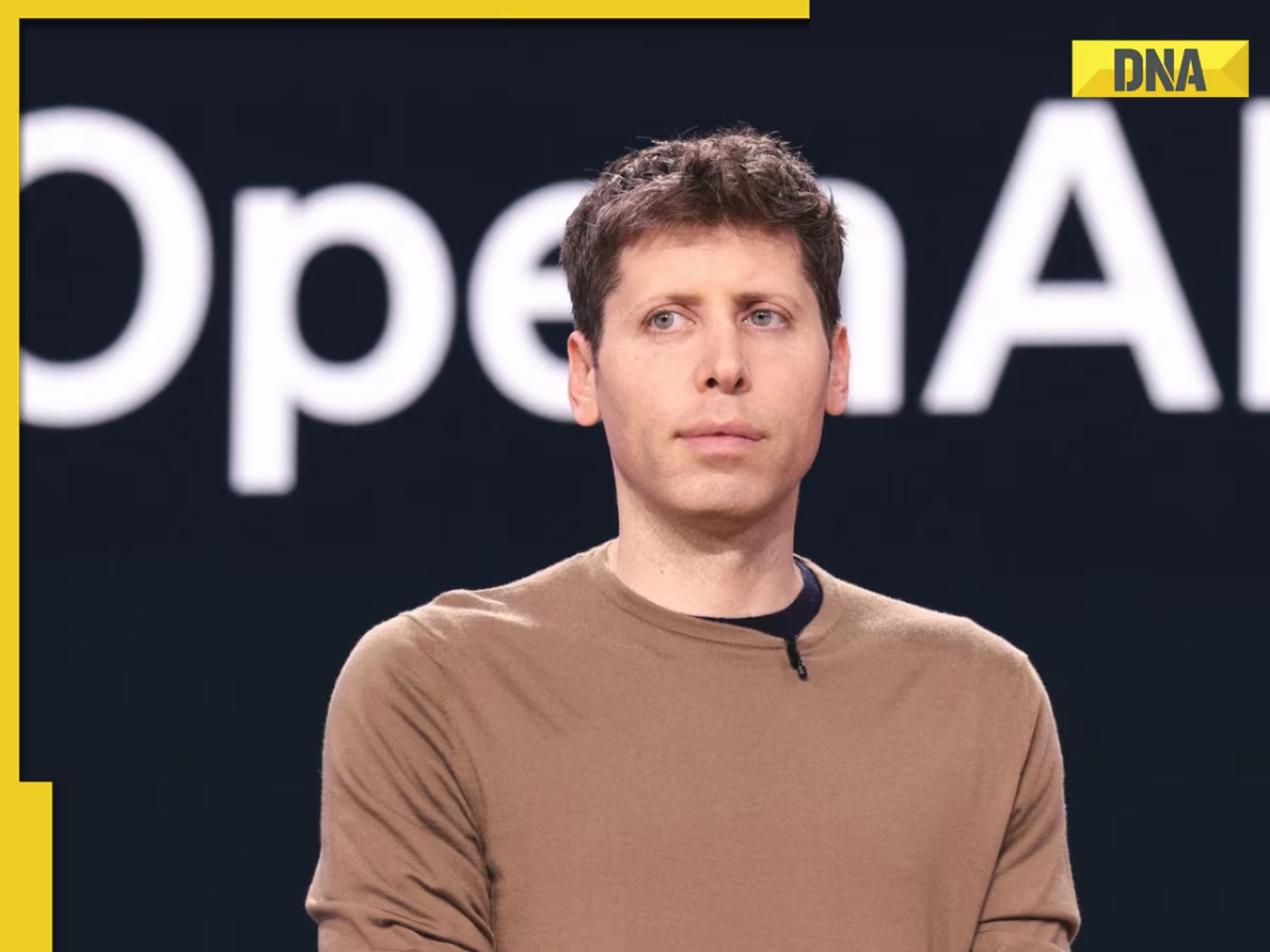 OpenAI CEO Sam Altman issues CHILLING warning, says conversations with ChatGPT are...
OpenAI CEO Sam Altman issues CHILLING warning, says conversations with ChatGPT are...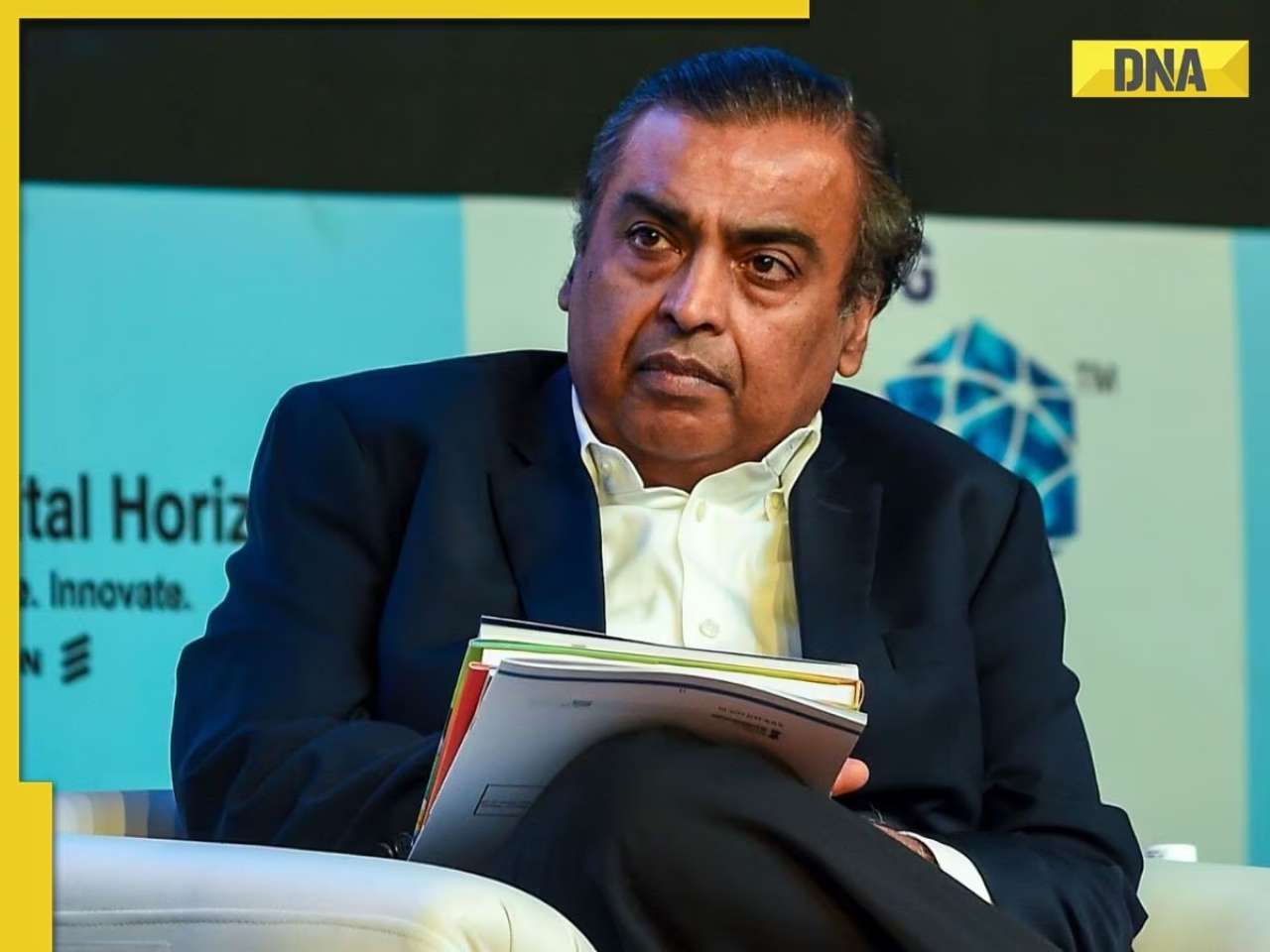 This man becomes world's highest-earning billionaire in 2025, beats Elon Musk and Jeff Bezos, Mukesh Ambani is at...
This man becomes world's highest-earning billionaire in 2025, beats Elon Musk and Jeff Bezos, Mukesh Ambani is at...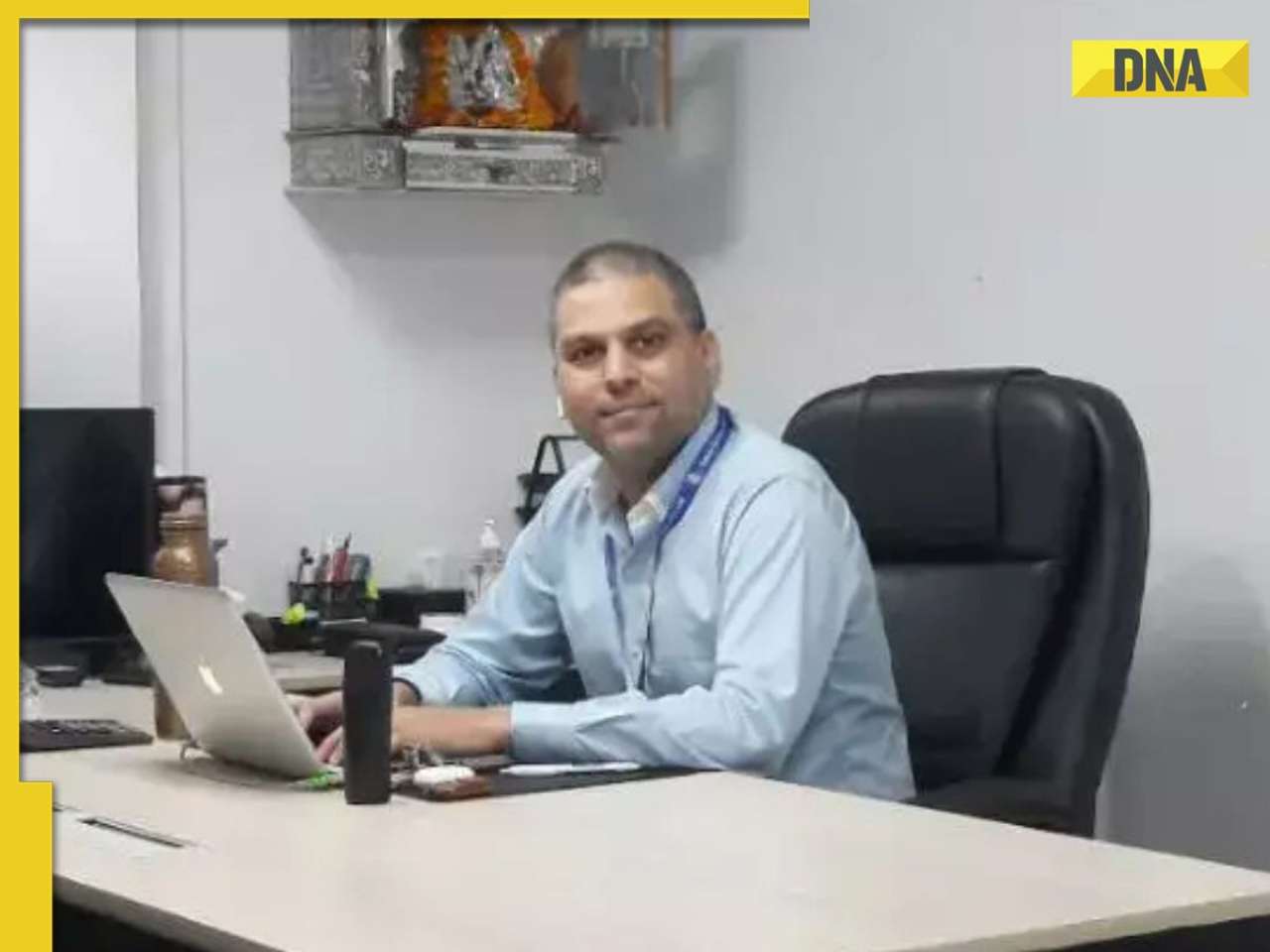 Meet man who built Rs 200,000,000 empire after two failed ventures, his business is..., net worth is Rs...
Meet man who built Rs 200,000,000 empire after two failed ventures, his business is..., net worth is Rs...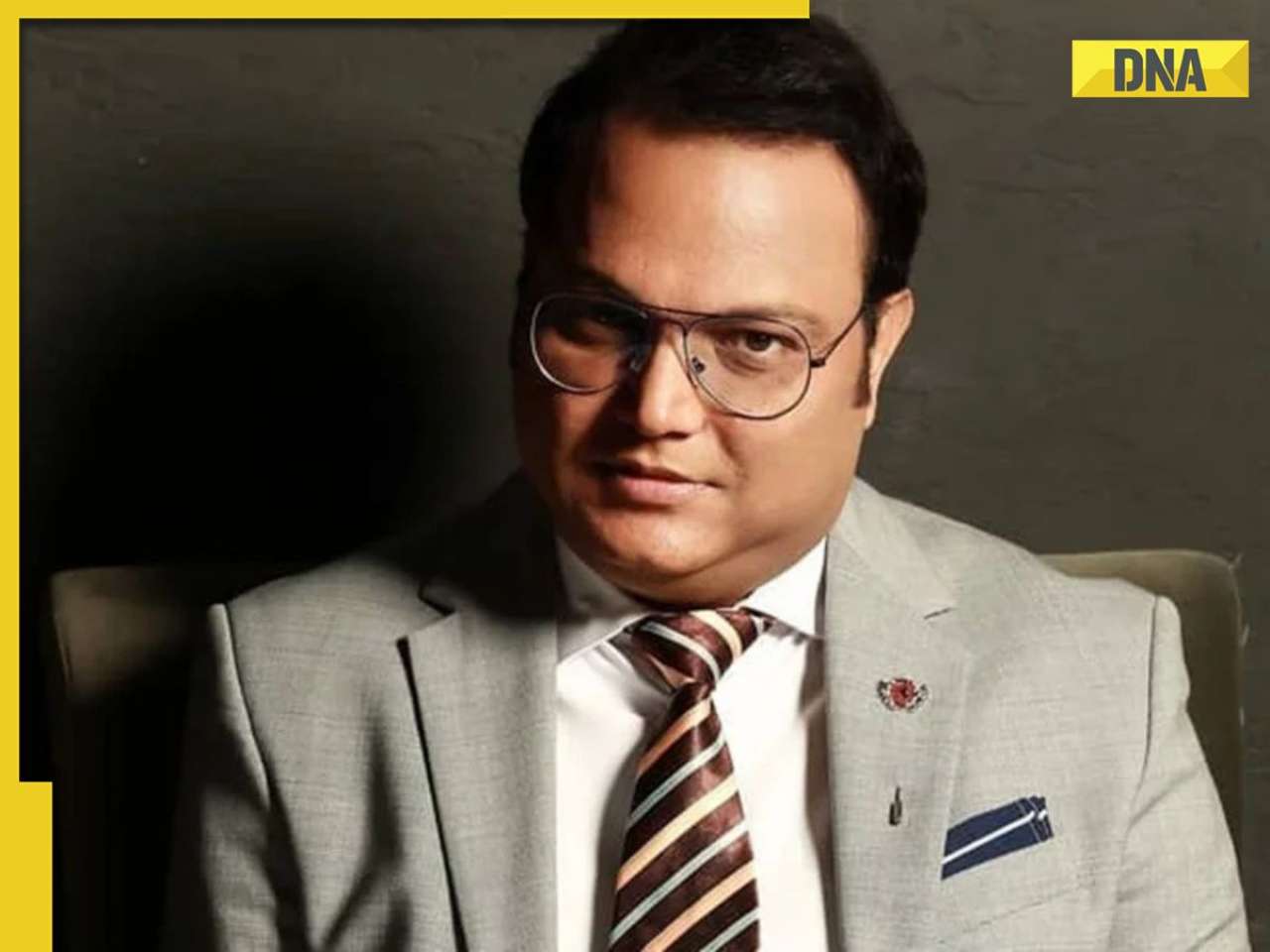 Meet man, founder of app under govt lens, also owns Rs 1000000000 business, he is..., his educational qualification is...
Meet man, founder of app under govt lens, also owns Rs 1000000000 business, he is..., his educational qualification is...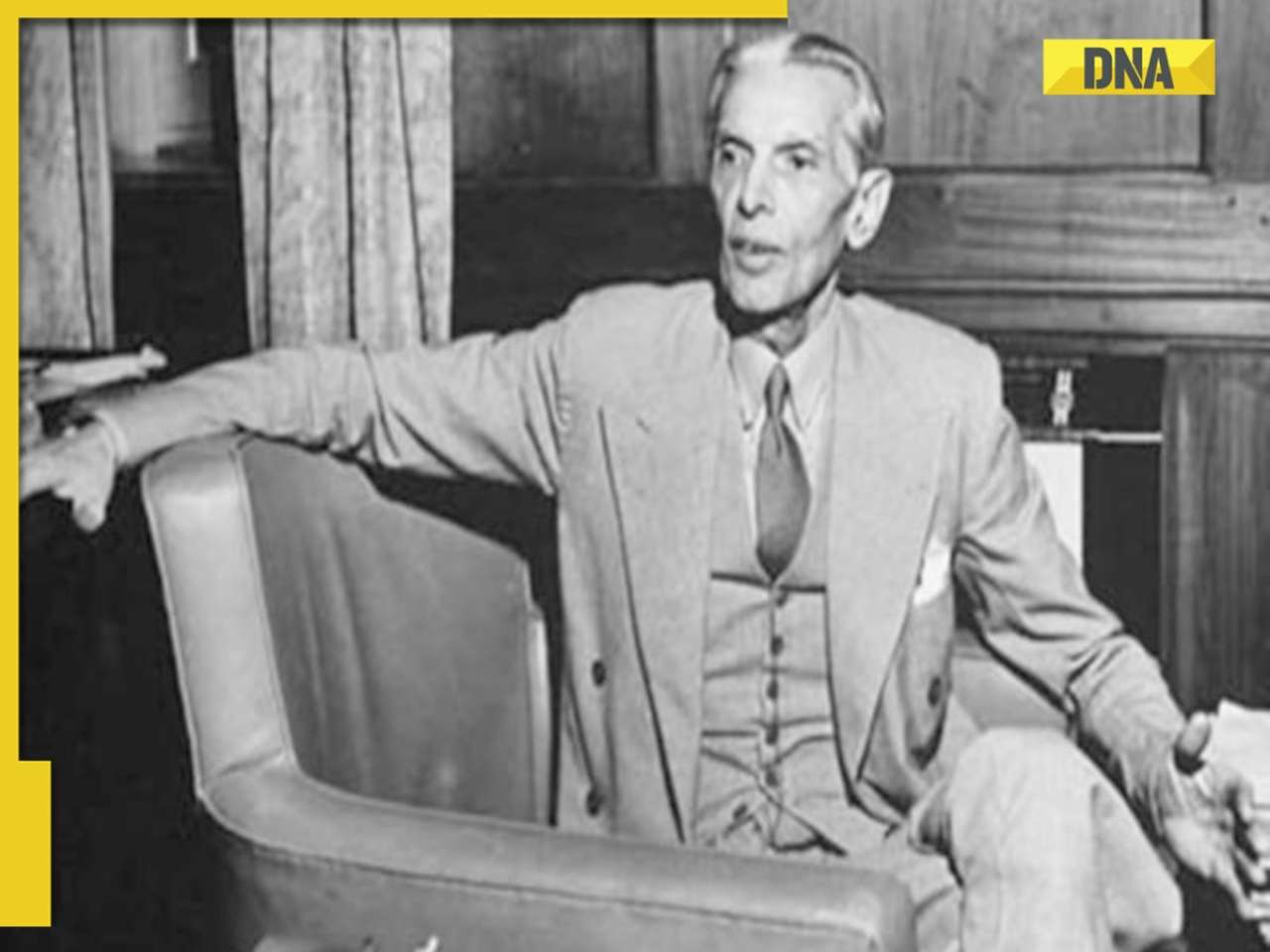 Jinnah wanted THIS Muslim man to be first Finance Minister of Pakistan, he refused, his son is on Forbes list of billionaires
Jinnah wanted THIS Muslim man to be first Finance Minister of Pakistan, he refused, his son is on Forbes list of billionaires Inside Ahaan Panday’s academic journey before his Bollywood debut in Saiyaara
Inside Ahaan Panday’s academic journey before his Bollywood debut in Saiyaara From Alia Bhatt to Anushka Sharma: 5 Bollywood moms who are redefining style
From Alia Bhatt to Anushka Sharma: 5 Bollywood moms who are redefining style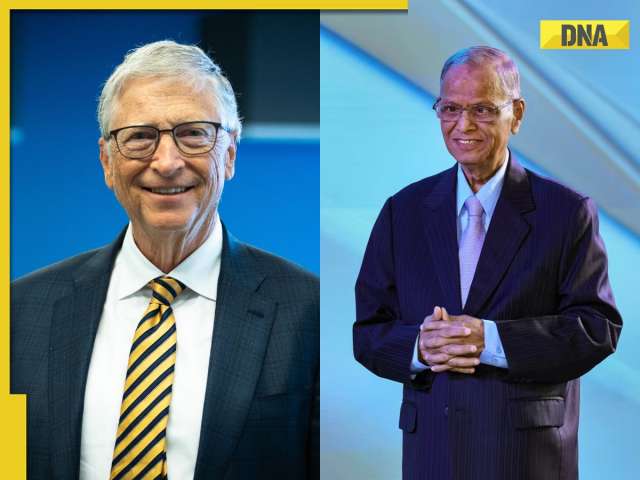 Want to think like a billionaire? Try these 5 habits followed by Bill Gates, Narayana Murthy and others
Want to think like a billionaire? Try these 5 habits followed by Bill Gates, Narayana Murthy and others In Pics: Tara Sutaria brings fairytale magic to ramp in a shimmering golden gown at ICW 2025
In Pics: Tara Sutaria brings fairytale magic to ramp in a shimmering golden gown at ICW 2025 From Love in the Moonlight to Moon Embracing the Sun: 7 must-watch K-dramas
From Love in the Moonlight to Moon Embracing the Sun: 7 must-watch K-dramas PM Modi issues BIG statement on India-UK trade deal, says, 'It shows growing trust of...'
PM Modi issues BIG statement on India-UK trade deal, says, 'It shows growing trust of...' SHOCKING! 1-year-old child bites cobra to death in THIS state: 'He was spotted with...'
SHOCKING! 1-year-old child bites cobra to death in THIS state: 'He was spotted with...'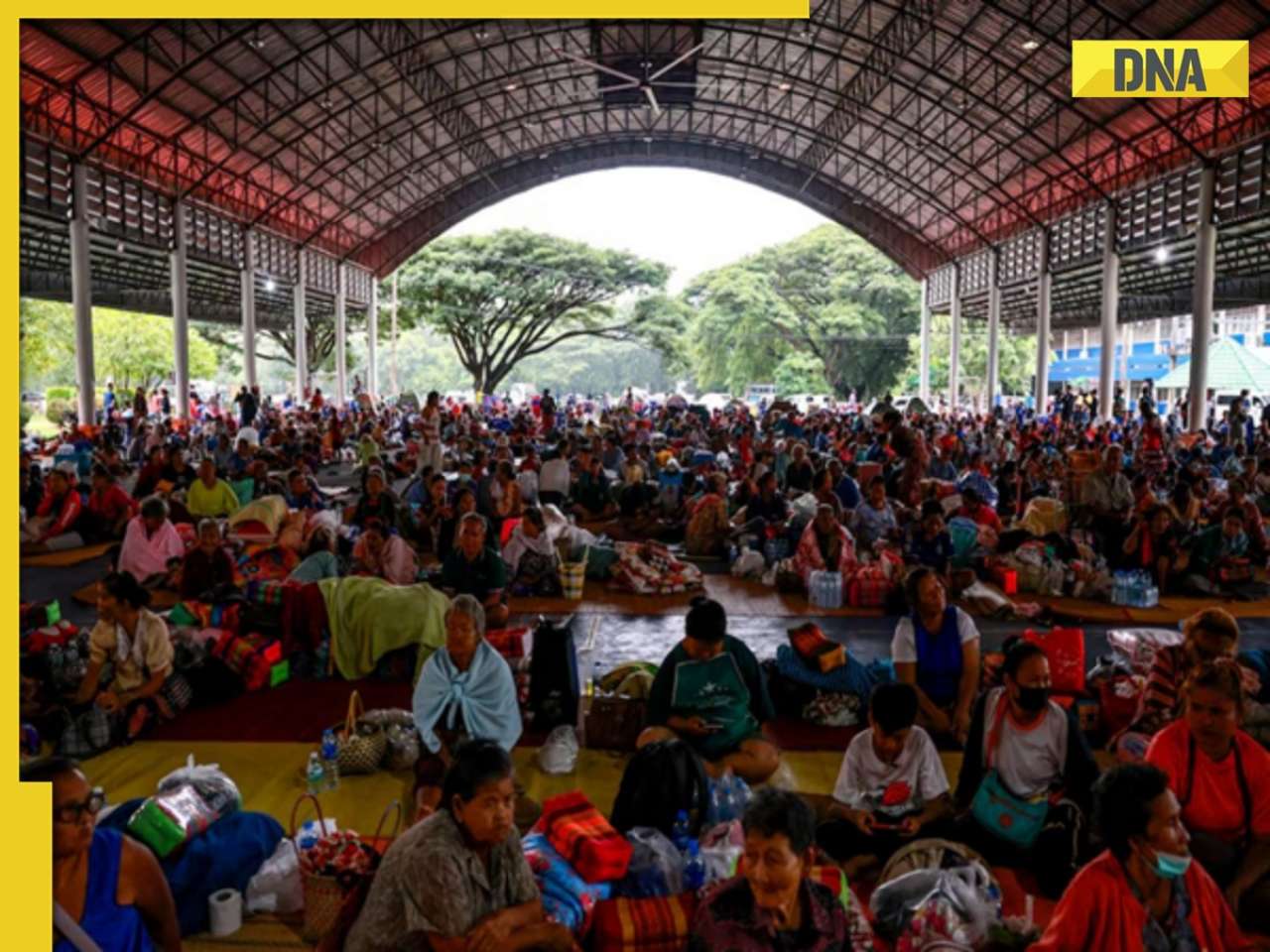 India appeals to Thailand, Cambodia to prevent escalation of hostilities: 'Closely monitoring...'
India appeals to Thailand, Cambodia to prevent escalation of hostilities: 'Closely monitoring...'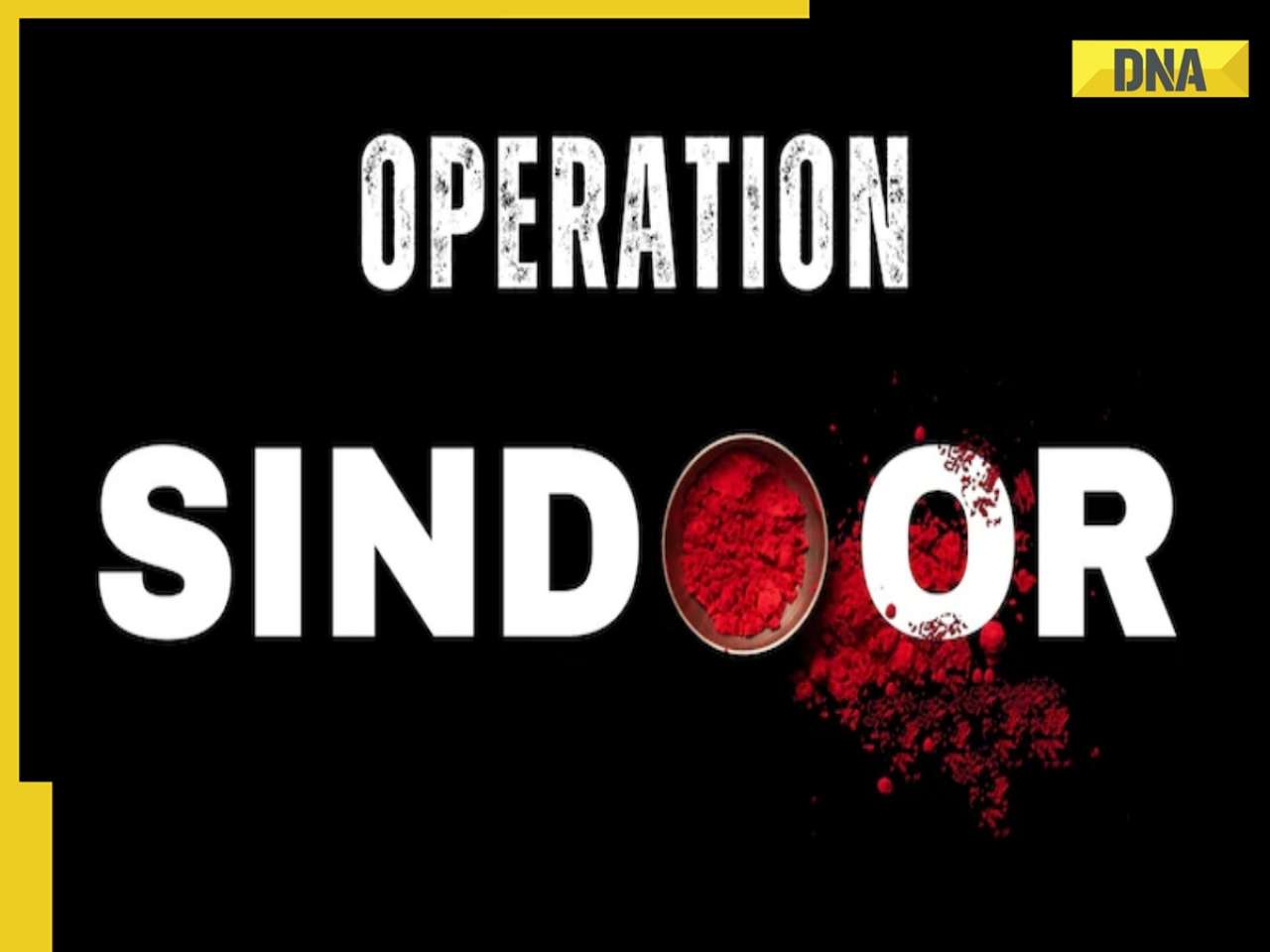 NCERT to introduce dedicated module on 'Operation Sindoor' for students of Class...
NCERT to introduce dedicated module on 'Operation Sindoor' for students of Class...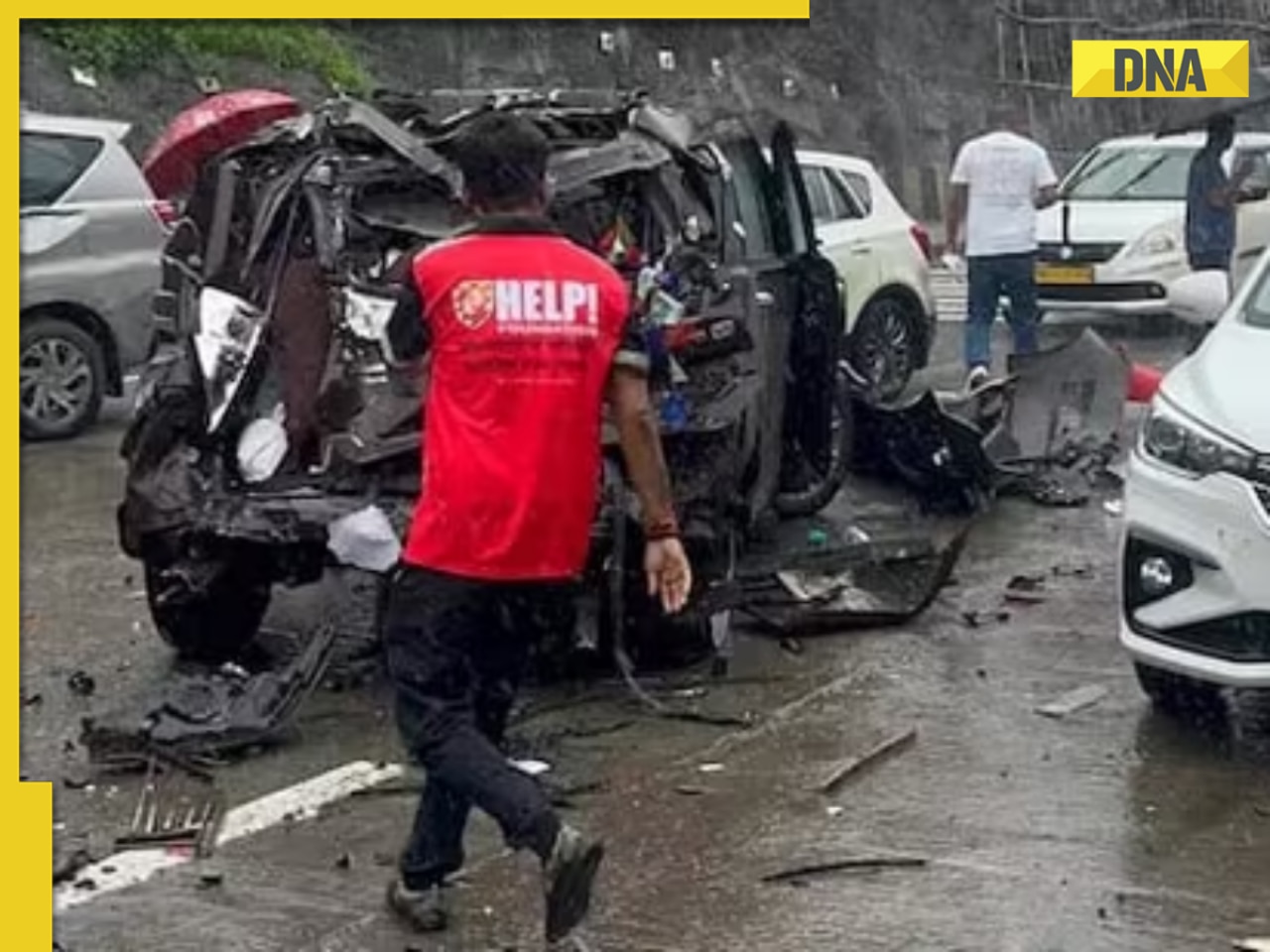 Mumbai Pune Expressway: 1 killed, many injured after nearly 20 vehicles crash in major accident
Mumbai Pune Expressway: 1 killed, many injured after nearly 20 vehicles crash in major accident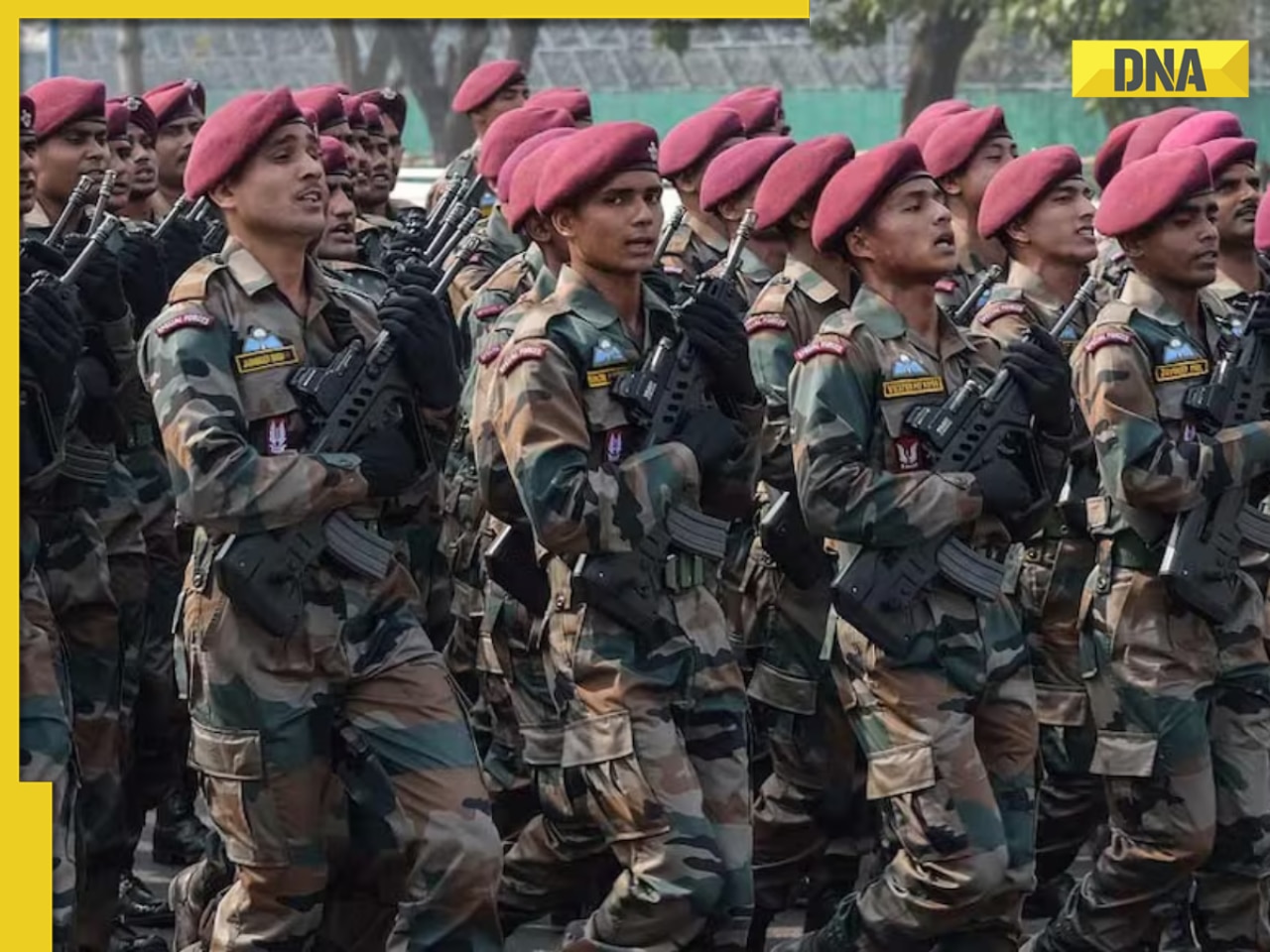 Indian Army Agniveer CEE 2025 result declared, here's how you can download it
Indian Army Agniveer CEE 2025 result declared, here's how you can download it Meet IPS officer, DU grad, who cracked UPSC exam in her third attempt, secured 992 out of 2025 marks with AIR..., now married to IAS...
Meet IPS officer, DU grad, who cracked UPSC exam in her third attempt, secured 992 out of 2025 marks with AIR..., now married to IAS...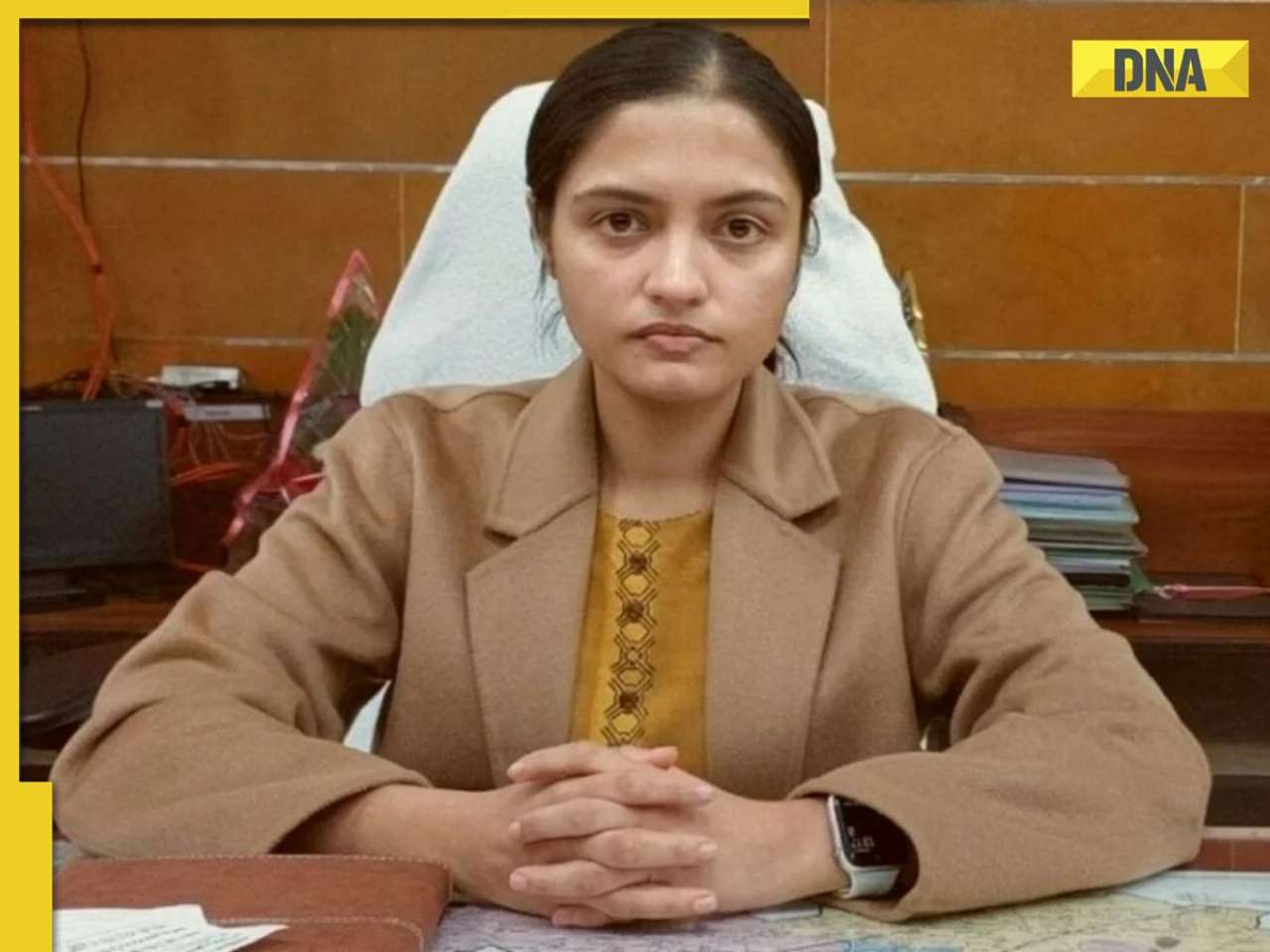 Meet woman, who studied MBBS, later cracked UPSC with AIR..., became popular IAS officer for these reasons, shares similarities with IAS Tina Dabi, she is from...
Meet woman, who studied MBBS, later cracked UPSC with AIR..., became popular IAS officer for these reasons, shares similarities with IAS Tina Dabi, she is from...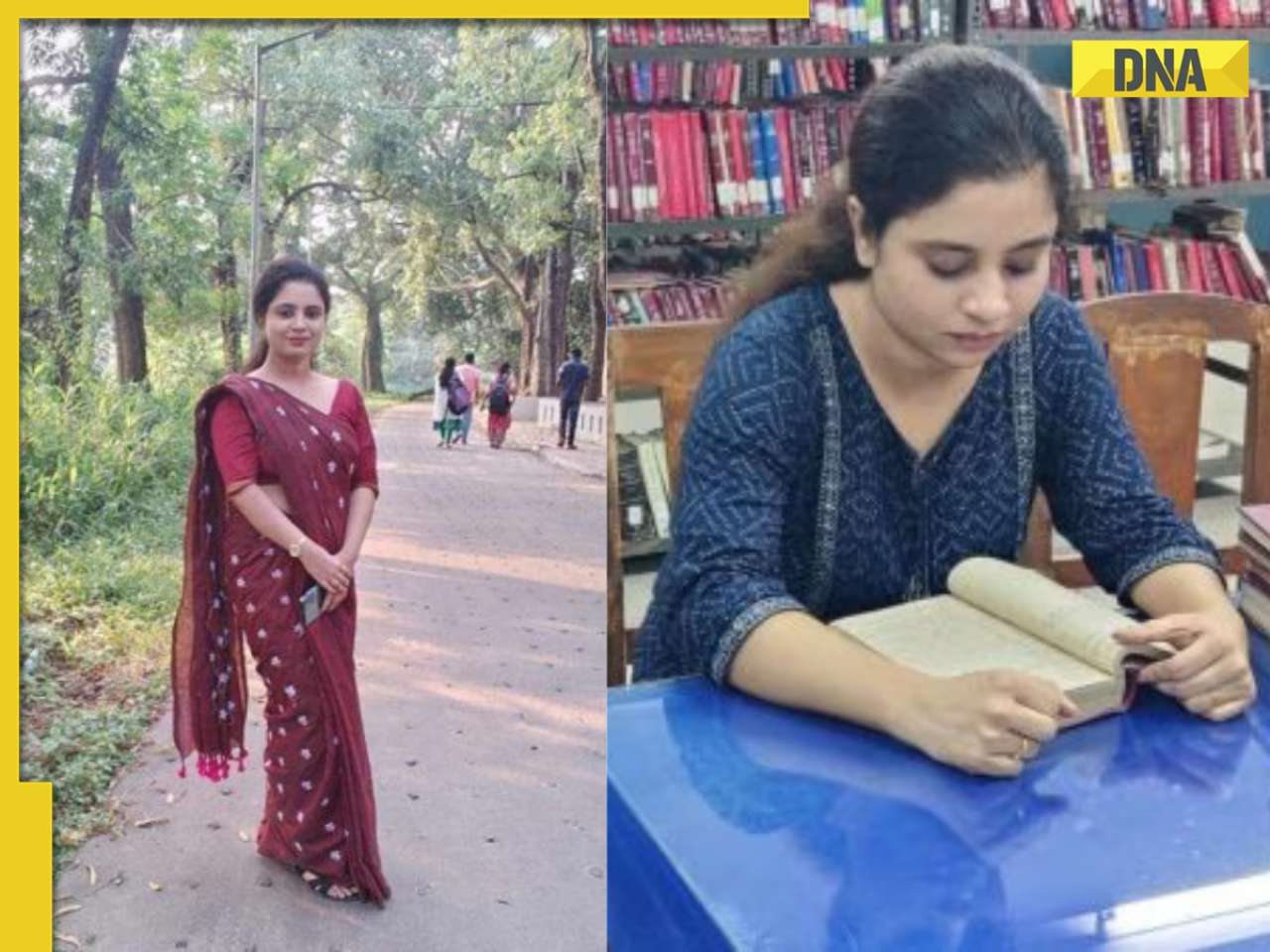 Meet Nilufa Yasmine, who topped UGC NET June exam, failed twice before scoring a perfect 100, she is from...
Meet Nilufa Yasmine, who topped UGC NET June exam, failed twice before scoring a perfect 100, she is from... Meet woman, daughter of vegetable vendor who cracked UPSC, her mother mortgaged gold for her education, her AIR is…
Meet woman, daughter of vegetable vendor who cracked UPSC, her mother mortgaged gold for her education, her AIR is… Maruti Suzuki's e Vitara set to debut electric market at Rs..., with range of over 500 km, to launch on...
Maruti Suzuki's e Vitara set to debut electric market at Rs..., with range of over 500 km, to launch on...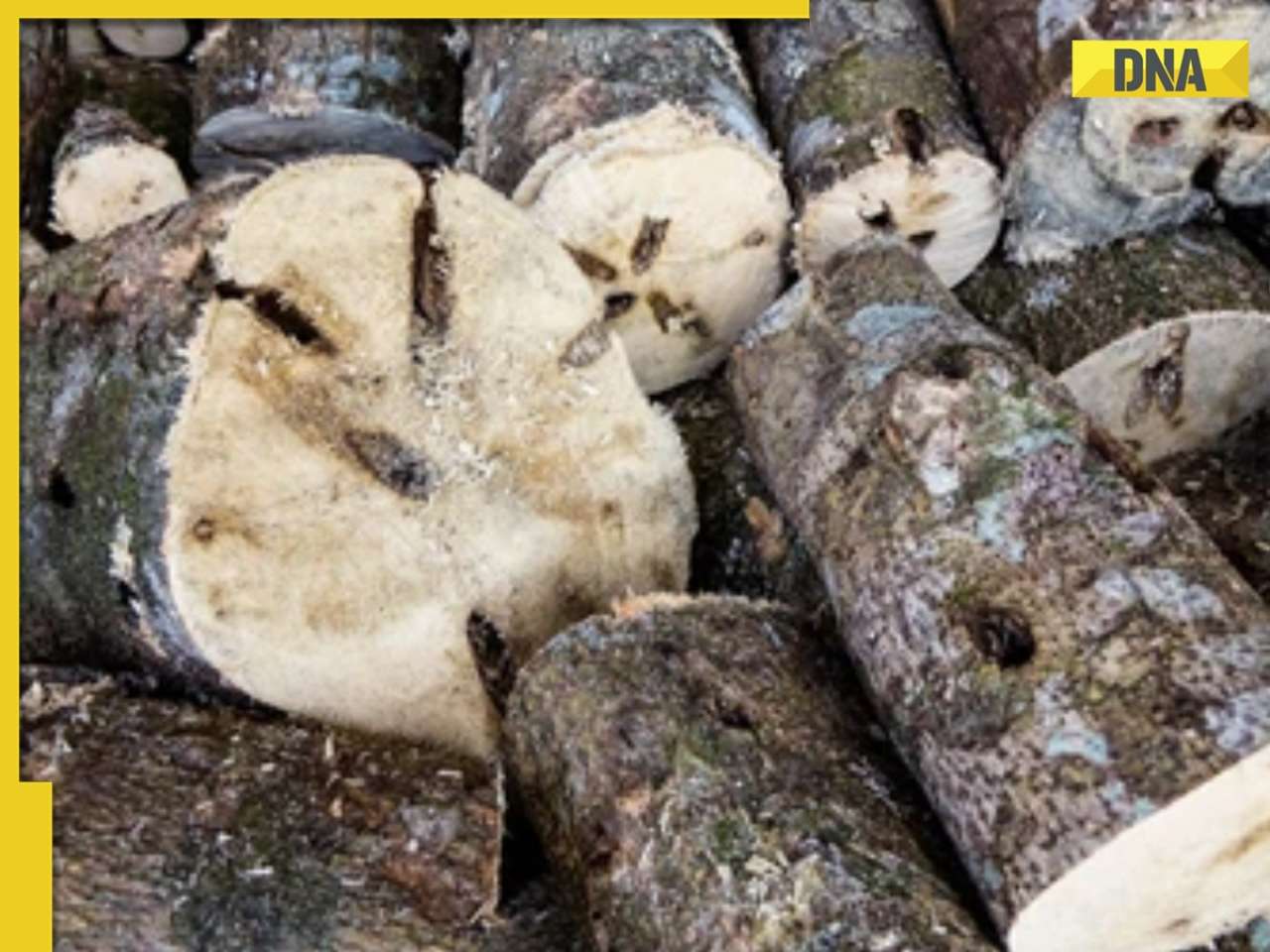 This is world’s most expensive wood, cost of 1kg wood is more than gold, its name is..., is found in...
This is world’s most expensive wood, cost of 1kg wood is more than gold, its name is..., is found in... This luxury car is first choice of Indians, even left BMW, Jaguar, Audi behind in sales, it is...
This luxury car is first choice of Indians, even left BMW, Jaguar, Audi behind in sales, it is... Kia India unveils Carens Clavis: Check features, design changes, price and more; bookings open on...
Kia India unveils Carens Clavis: Check features, design changes, price and more; bookings open on... Tesla CEO Elon Musk launches most affordable Cybertruck, but it costs Rs 830000 more than older version, it is worth Rs...
Tesla CEO Elon Musk launches most affordable Cybertruck, but it costs Rs 830000 more than older version, it is worth Rs...




)
)
)
)
)
)
)
)
)
)
)
)
)
)
)
)


